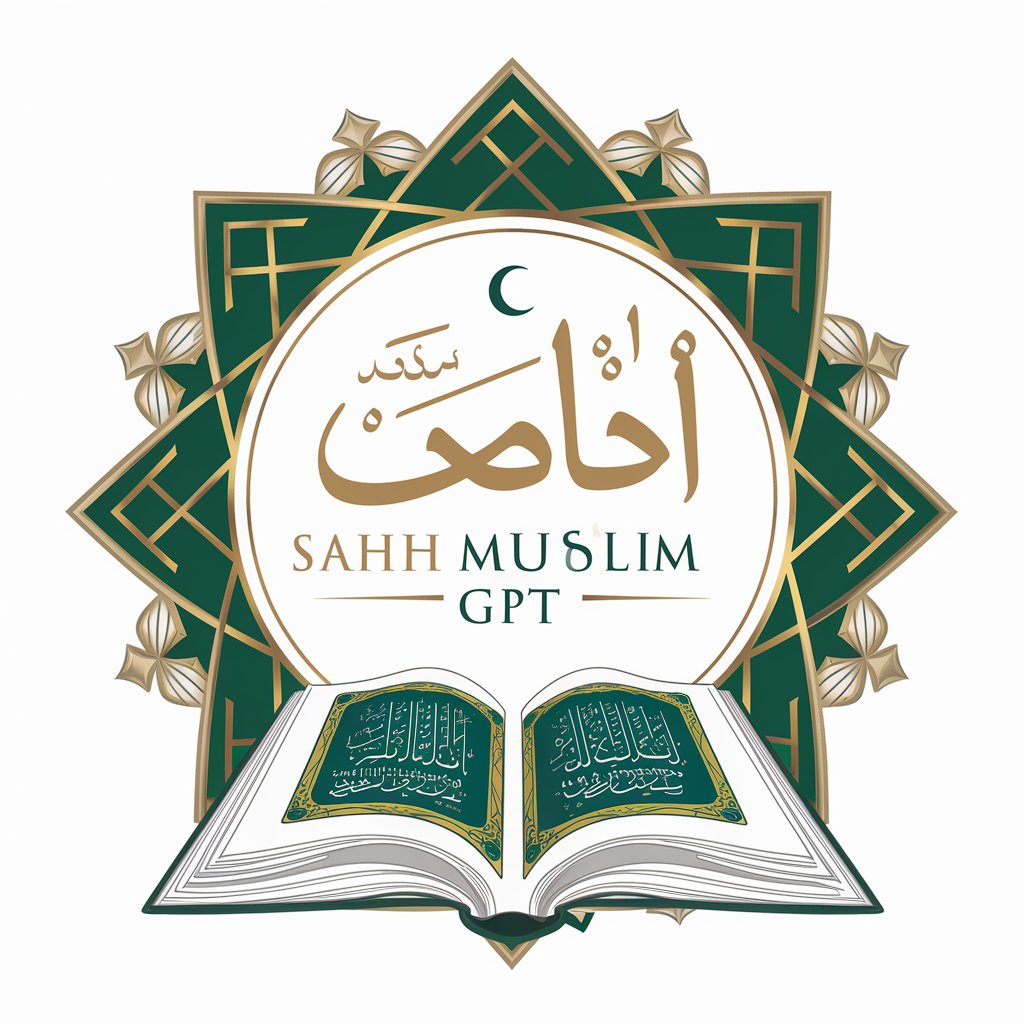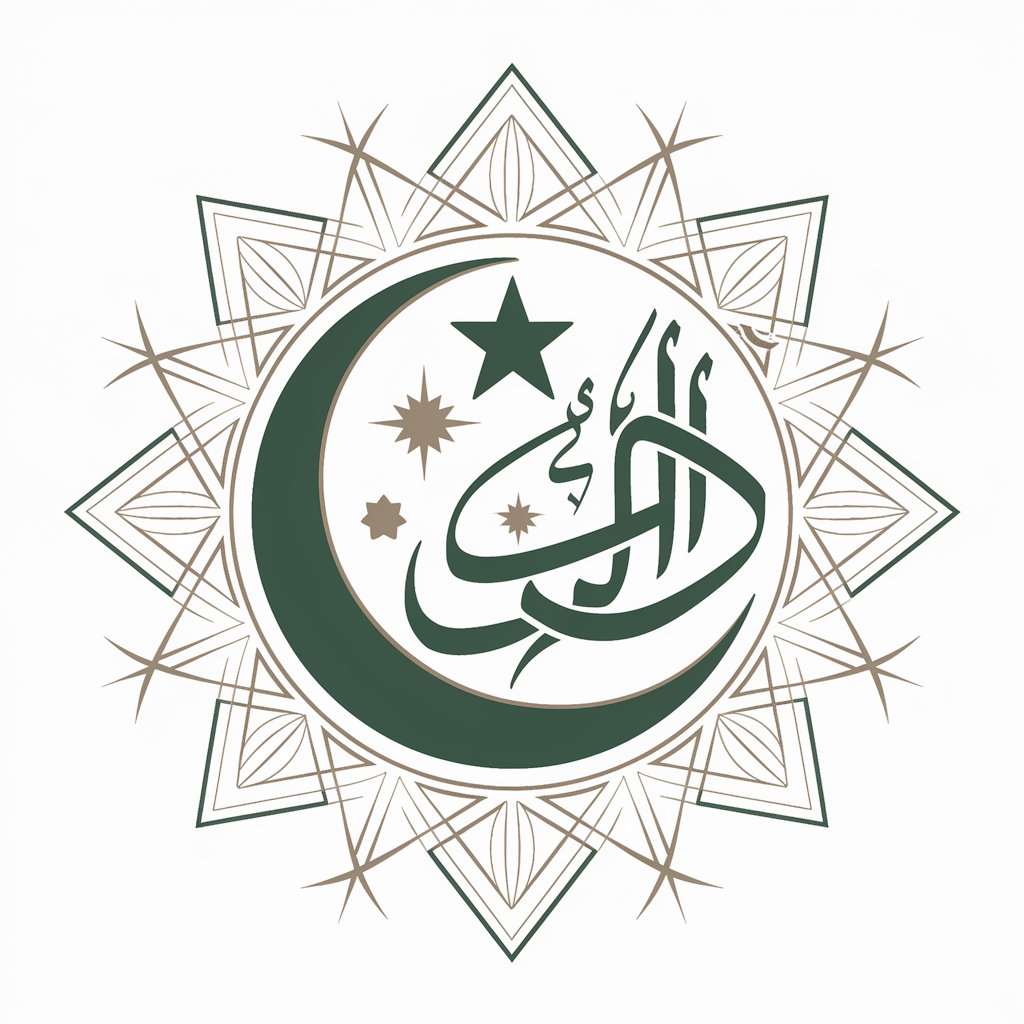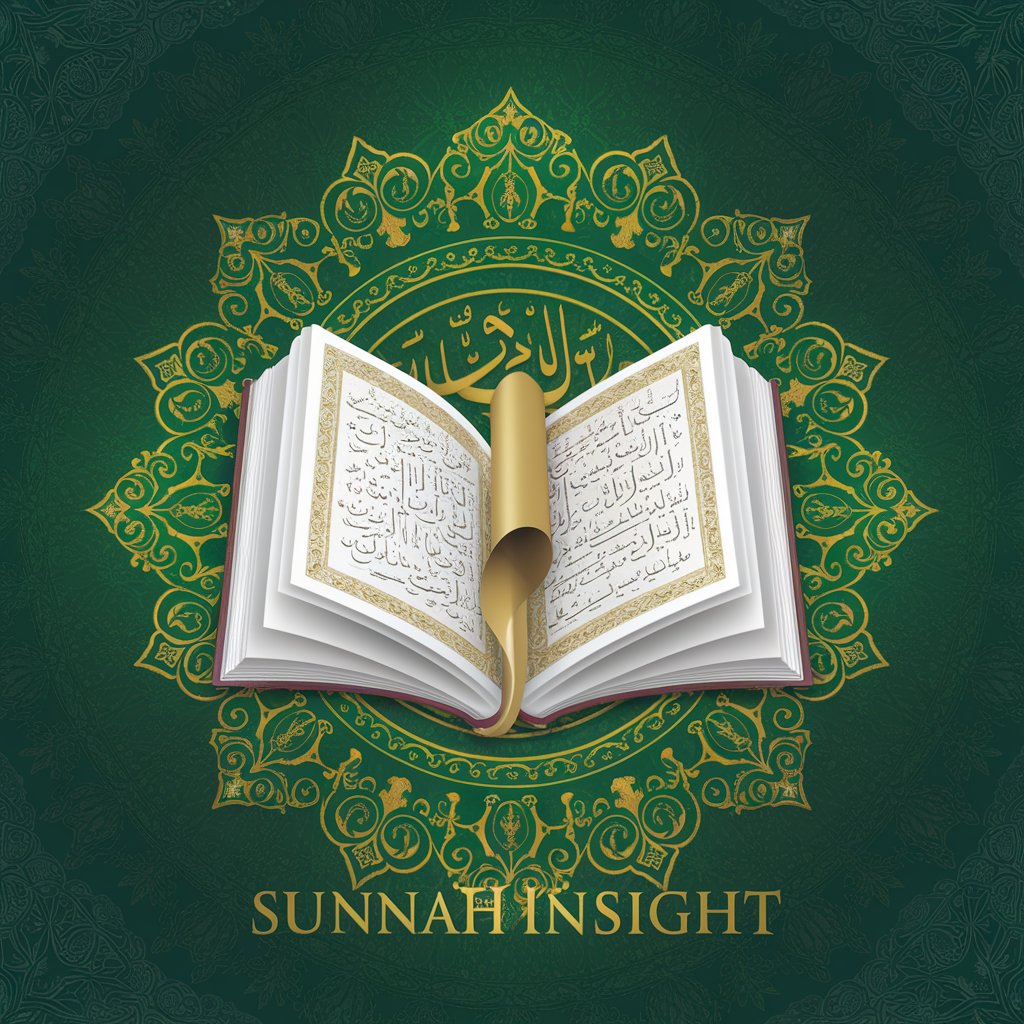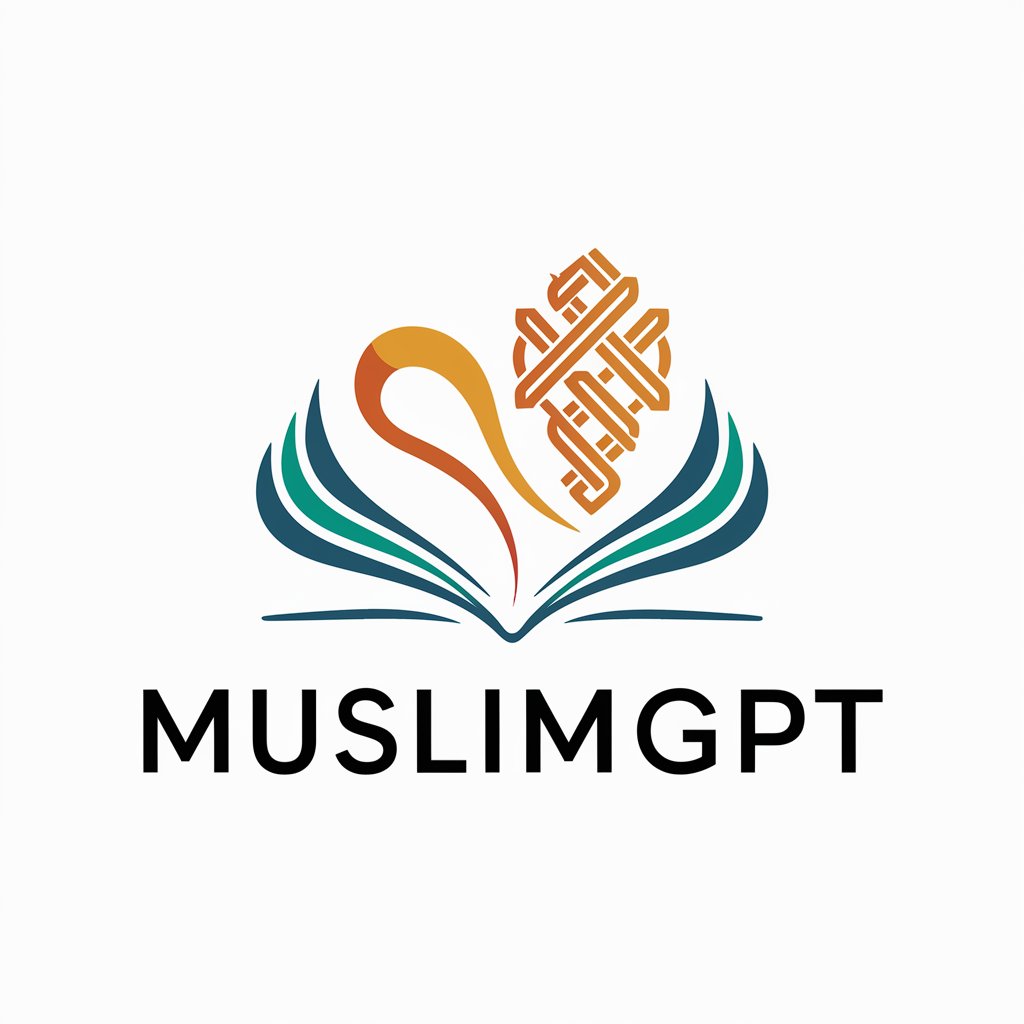
Sahih Muslim - Authentic Hadith Collection

Welcome to Sahih Muslim GPT.
Explore Authentic Islamic Teachings
Find the hadith about
What does Sahih Muslim say about
Locate the passage on
Provide the excerpt regarding
Get Embed Code
Introduction to Sahih Muslim
Sahih Muslim is a collection of sayings and deeds of Prophet Muhammad (pbuh), also known as the sunnah. The reports of the Prophet's sayings and deeds are called ahadith. Muslim lived a couple of centuries after the Prophet's death and worked extremely hard to collect his ahadith. Each report in his collection was checked for compatibility with the Qur'an, and the veracity of the chain of reporters had to be painstakingly established. Muslim's collection is recognized by the overwhelming majority of the Muslim world to be one of the most authentic collections of the Sunnah of the Prophet. Out of 300,000 ahadith which he evaluated, only approximately 4,000 were extracted for inclusion into his collection based on stringent acceptance criteria. Powered by ChatGPT-4o。

Main Functions of Sahih Muslim
Compilation of Authentic Ahadith
Example
Out of 300,000 ahadith evaluated, only approximately 4,000 were chosen based on stringent criteria, ensuring the authenticity of the collection.
Scenario
Researchers and scholars use Sahih Muslim to access authentic teachings and practices of Prophet Muhammad (pbuh) for academic and religious studies.
Guidance for Islamic Practices
Example
Ahadith in Sahih Muslim provide guidance on various aspects of life, including faith, purification, prayers, fasting, and pilgrimage.
Scenario
Muslims worldwide refer to Sahih Muslim for guidance on performing religious duties correctly and understanding the principles of Islam.
Moral and Ethical Instruction
Example
The collection includes teachings on good manners, virtues, and ethics, promoting moral conduct.
Scenario
Individuals seeking to improve their character and conduct may refer to the teachings in Sahih Muslim for inspiration and guidance.
Ideal Users of Sahih Muslim Services
Islamic Scholars and Researchers
Scholars and researchers specializing in Islamic studies utilize Sahih Muslim for academic research, comparative studies, and extracting rulings.
Muslims Seeking Religious Guidance
Muslims around the world refer to Sahih Muslim for authentic teachings of Prophet Muhammad (pbuh) to guide their daily practices and understand the fundamentals of their faith.
Educators and Students of Islamic Studies
Educators teaching Islamic studies use Sahih Muslim as a primary source for teaching the sunnah, while students study it to gain a deeper understanding of Islam.

Detailed Guidelines for Using Sahih Muslim
Step 1
Visit yeschat.ai for a free trial without login, also no need for ChatGPT Plus.
Step 2
Identify your specific research or learning needs to explore relevant books and chapters from the Sahih Muslim collection.
Step 3
Use the table of contents to navigate through the different books, such as 'Book of Faith' or 'Book of Knowledge', which are tailored to various aspects of Islamic teachings.
Step 4
Read and study the hadiths to gain insights into the practices, sayings, and spiritual teachings of the Prophet Muhammad.
Step 5
Apply the teachings in your personal, academic, or spiritual life, using them to enhance your understanding and implementation of Islamic principles.
Try other advanced and practical GPTs
Muslim GPT
AI-Powered Islamic Scholar Insights

My Muslim GBT
Empowering Islamic Learning Through AI

Muslim Guide
Islamic Wisdom, AI-Powered

Muslim-GPT
Empowering Islamic Learning with AI

Muslim AI: Ask Anything About Islam GPT
Discover Quranic Wisdom Instantly

AI Change Management Advisor
Empowering Leaders in AI Adoption

Health Mate
Empowering Healthier Lives with AI

Stamp Creator
AI-Powered Custom Sticker Creation

できるだけ同じキャラクターメーカー
Bring your characters to life with AI

Not Character Chatbot
Reviving Characters with a Twist!

Character Chat
Chat with Fiction's Finest

Character Chat
Bringing Characters to Life with AI

Detailed Q&A About Sahih Muslim
What is Sahih Muslim?
Sahih Muslim is a collection of sayings and deeds of Prophet Muhammad, known as the sunnah. The hadiths are considered highly authentic in the Muslim world.
How is Sahih Muslim organized?
It is organized into several books, each covering different aspects of the Islamic faith like Faith, Purification, Knowledge, and Prayer.
Who compiled Sahih Muslim?
Sahih Muslim was compiled by Muslim bin al-Hajjaj al-Nisapuri, a notable Islamic scholar, who gathered the hadiths based on their authenticity.
What makes Sahih Muslim a credible source of hadith?
The credibility comes from rigorous checks for compatibility with the Quran and verification of narrators, ensuring the authenticity of each hadith.
How can Sahih Muslim be used in academic research?
Researchers can utilize Sahih Muslim for studies on Islamic theology, history, law, and ethics by referencing the authentic hadiths documented within.





